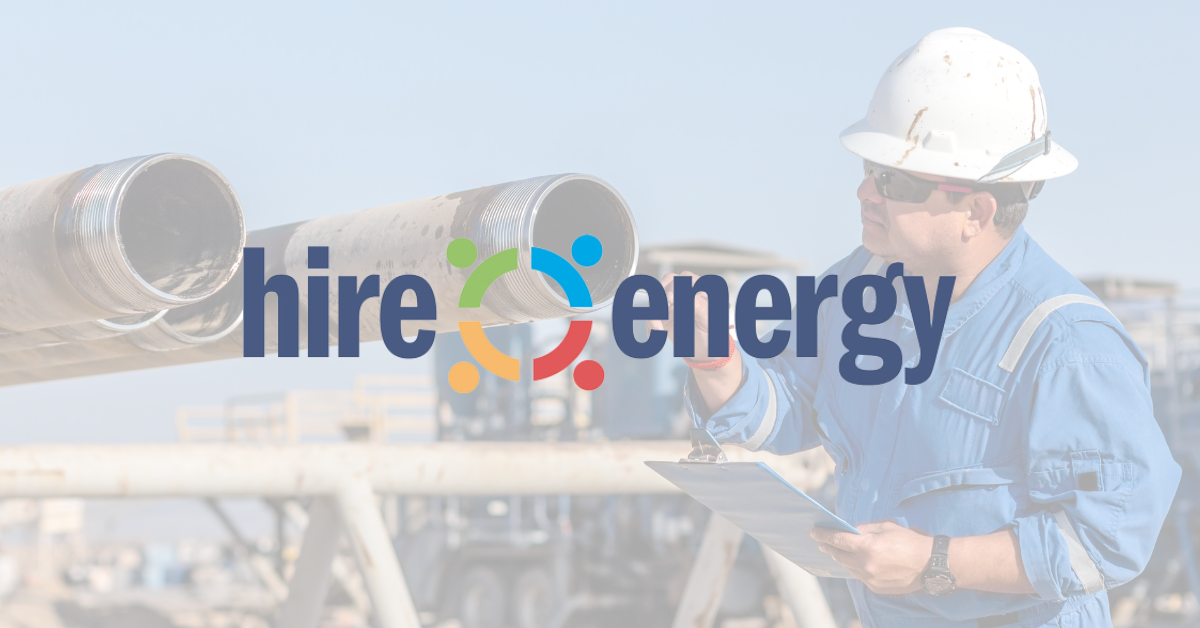The oil and gas industry has long been known for its cyclical nature, with periods of boom and bust heavily influenced by global energy demands, geopolitical factors, and technological advancements. In recent years, the industry has faced unprecedented challenges, from the COVID-19 pandemic’s disruptions to the accelerating transition towards cleaner energy sources. Amidst this ever-changing landscape, fostering a resilient and adaptable workforce has become more crucial than ever.
One strategy that oil and gas companies are increasingly embracing is cross-training and promoting skill transferability among their employees. By equipping workers with a diverse set of skills and knowledge that transcend traditional job roles, companies can build a more agile and versatile workforce capable of navigating the industry’s evolving demands.
The Benefits of Cross-Training and Skill Transferability:
- Operational Flexibility: Cross-trained employees can seamlessly transition between various roles and tasks, allowing companies to respond swiftly to shifting workforce needs, project demands, or operational challenges. This flexibility enhances productivity, minimizes downtime, and reduces the need for costly external hiring or contractors.
- Knowledge Sharing and Collaboration: By encouraging skill transferability, companies foster an environment of knowledge sharing and collaboration. Employees with diverse expertise can work together more effectively, driving innovation and problem-solving across different functional areas.
- Employee Retention and Engagement: Providing opportunities for skill development and career growth can enhance employee satisfaction and engagement. Cross-training empowers workers to explore new areas, expand their expertise, and take on more challenging roles, reducing the risk of stagnation and fostering a sense of purpose.
- Succession Planning and Leadership Development: A workforce with transferable skills creates a deeper talent pool for succession planning and leadership development. Cross-trained employees can step into critical roles more readily, ensuring business continuity and minimizing disruptions caused by employee turnover.
Implementing Cross-Training and Skill Transferability:
To effectively implement cross-training and promote skill transferability, oil and gas companies must adopt a strategic approach that aligns with their organizational goals and workforce needs.
This may involve:
- Conducting comprehensive skills assessments to identify existing competencies and potential areas for cross-training.
- Developing structured training programs and on-the-job learning opportunities that expose employees to different roles and processes.
- Encouraging job rotations and temporary assignments to facilitate hands-on experience and knowledge transfer.
- Investing in professional development resources, such as online courses, workshops, and mentorship programs.
- Fostering a culture of continuous learning and growth, where employees are encouraged to explore new skills and take on challenging assignments.
By embracing cross-training and skill transferability, oil and gas companies can cultivate a workforce that is resilient, adaptable, and better equipped to navigate the industry’s complexities. This approach not only enhances operational efficiency and business continuity but also positions companies to seize new opportunities and thrive in an ever-evolving energy landscape.
Curious about the impact a stellar oilfield staffing partner can have on your business? Contact a member of the Hire Energy team today.





